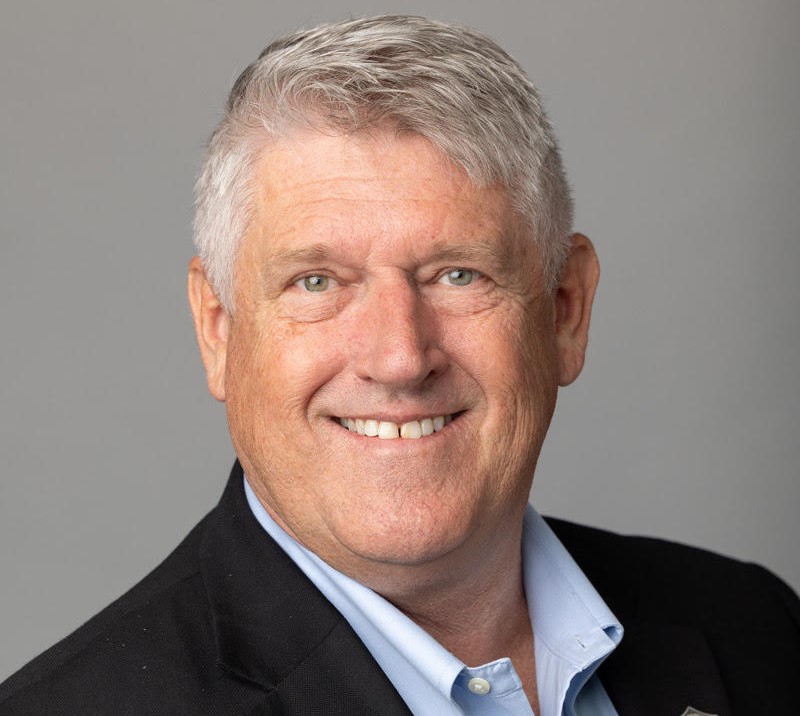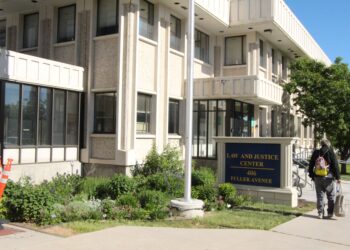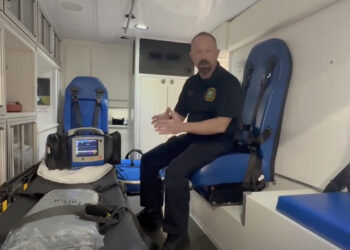After winning primary in June, Downing is Republican candidate for U.S. House of Representatives in Montana’s eastern district
By Jen Clancey DIGITAL PRODUCER
A scramble might best describe eastern Montana politics in the months before the June primary election. After Rep. Matt Rosendale’s swift withdrawal from both the U.S. Senate and U.S. House elections, the Republican-held House seat came up for grabs. Republican Troy Downing, currently Montana’s state auditor, won the primary in June and will face off with Democrat John Driscoll in the November election.
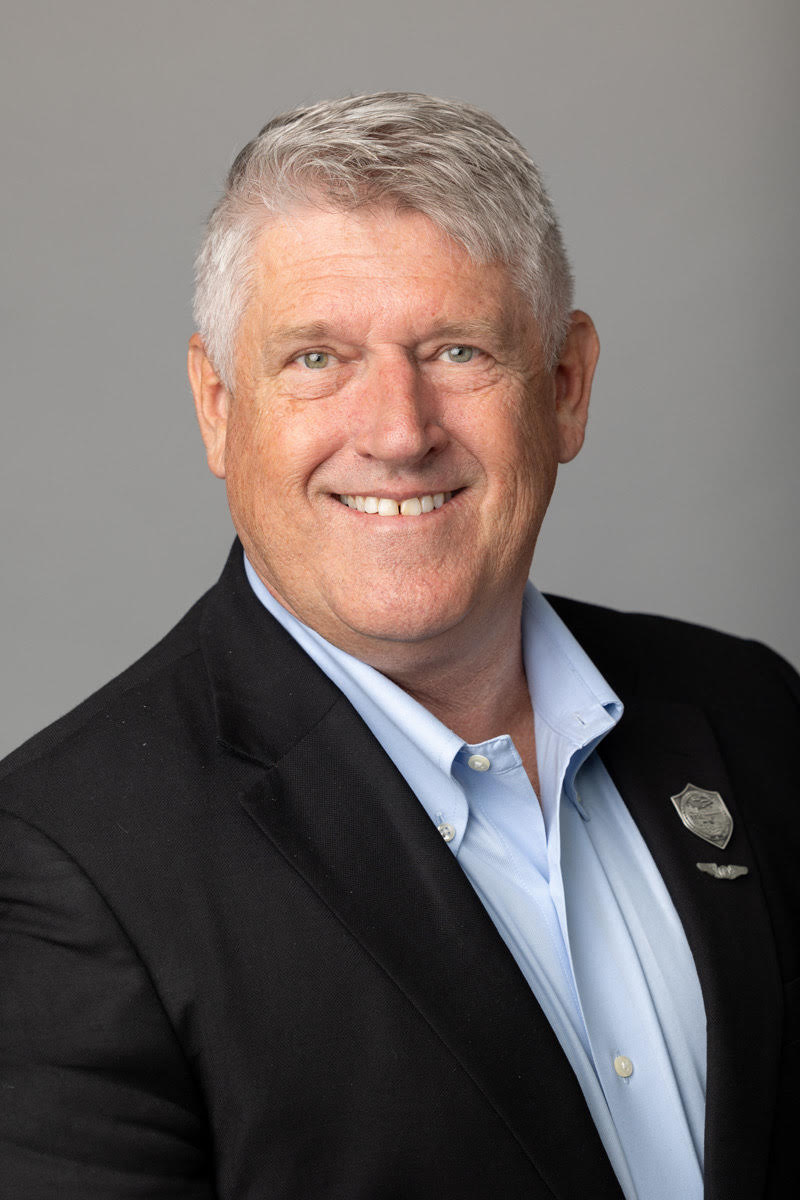
Downing lived in the Big Sky and Gallatin Gateway area from 1998 to 2021, and has since lived in Helena, in Montana’s eastern district, while serving as auditor.
Born in California, Downing noted that his family was fairly poor—he was the son of a teenage mom and met his father later in life. Starting out, Downing taught and researched at New York University’s Courant Institute of Mathematical Sciences and eventually left NYU to form a tech startup that merged with Yahoo! Inc. in the 1990s. He described the deal as a life-changing for him. Afterward, his career shifted to building companies and supporting entrepreneurs through angel investing.
While spending time in Alaska, Downing heard news of the September 11 attacks and said he entered a recruiter’s office as soon as he returned home. Already equipped with a pilot’s license, he was sworn into a combat search and rescue squadron, a special ops group responsible for meeting isolated soldiers. In his time in the Air National Guard, Downing built a commercial real estate company and a securities company. He was honorably discharged from the military in 2009.
Downing ran for and won the Montana state auditor election in 2020. He believes the role matches his interests in protecting consumers while helping businesses thrive. EBS spoke to Downing to learn more about why he is running for a U.S. House seat.
These answers have been edited for brevity and clarity.
Explore Big Sky: So Troy, I’m interested to hear what brought you to run for a U.S. House seat for Montana’s eastern district.
Troy Downing: There are so many big issues right now that really negatively affect the American dream and I’m really concerned about that. I’m worried that those opportunities that allowed me to be successful are not there for our kids and our grandkids, and I look at what’s happening with national security, with uncontrolled debt, with no fiscal restraint, with our deficits going through the roof, with inflation climbing like crazy, and I wonder how any normal person starting out their life, starting out a new family, getting out of college, getting out of a trade school—how [do] they even buy their first home? I don’t even see a path … and that really scares me.
I think what we need to do is we need to start sending people to D.C. that understand that relationship of money: the fact that you put too much money in a system, [then] everything gets more expensive … Nobody can afford anything. I’m concerned about that, and so I am running to protect this great nation, because I need to feel that I deserve all the opportunities that she’s afforded me, and to make sure that I’m protecting that American dream. We need people to go to Washington who … are going to show up every day, they’re going to roll up their sleeves and they’re going to fight for what’s right.
EBS: For those key issues that you see Montana and the nation struggling with, what are the major issues that you want to deal with while you’re in the U.S. House of Representatives?
TD: I’m going to start with the first and most important one … national security is of paramount importance. If we can’t protect this nation, we don’t have stability—then all is lost. And we have a lot of big issues right now, and one of those is that furthest southern border, and these are not just refugees from South America crossing that border. I was actually there in Arizona a couple of months ago, and they just walked around. There’s a wall there, or a fence, and they just walk around it. They walk down the U.S. side until they get picked up, processed and released on their own recognizance. … And so the question arises, ‘Who are these people, and what are they doing here?’ And when they’ve left, where are they going and what are they planning? I think that the southern border problem is a huge issue on the national security front.
The second thing is …I fully understand that food security is national security. The way you bring a country down is you make it so it can’t feed itself. And as we start to see production agriculture coming out of production, we start to see foreign adversaries buying up production land, [and] we start to see it become more and more difficult for our farmers and ranchers to succeed … that’s something that I’ll fight strongly for to make sure that I am advocating for agricultural producers in the state.
Another part that I firmly understand is that energy security is national security. If we can’t produce our own energy—we need to heat our homes and move goods across the country and put fuel in our cars—we’re at risk.
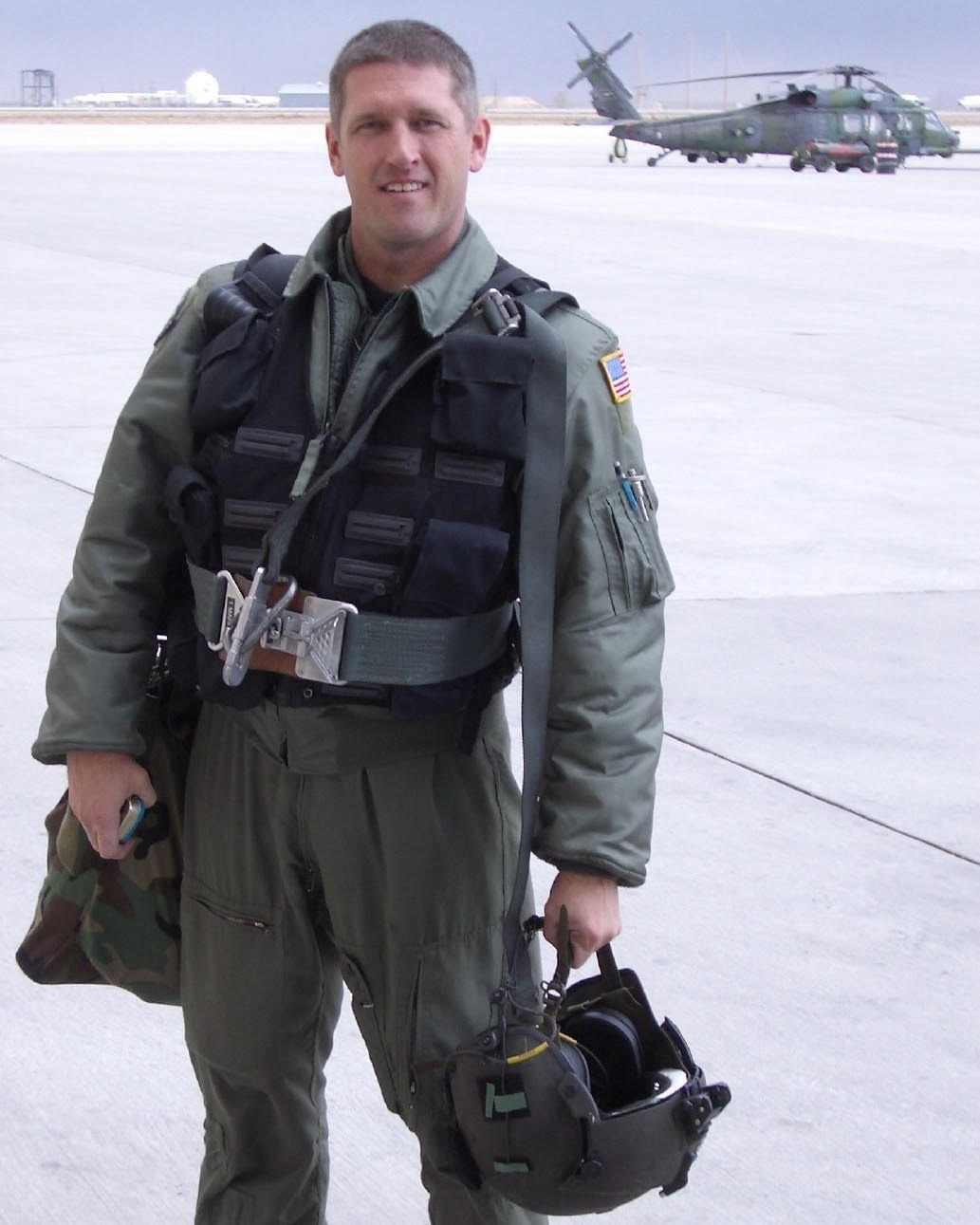
In terms of the other part of your question, [is] fiscal responsibility: if you put a lot of money into any system, everything gets more expensive. We saw that with the subprime lending [mortgage] crisis: we saw real estate prices decline. We see that with very loose student loan programs. And what happens? It doesn’t put more kids in school, it makes tuition go higher. We see that with the Affordable Care Act, with Obamacare. I mean, we put so much money into the system that one of the biggest growth areas is just the cost of healthcare.
The other thing is something that I feel strongly about: we need to be much more thoughtful about our discretionary spending even though that’s a small part of the national budget … I think we need to get to the point where we are looking at single title appropriations bills, that we’re not signing off 1,000 page omnibus spending bills, [and] we’re given time to review and redact and modify spending bills before they’re voted on, [so] that you’re not given something the night before you’re expected to vote on it. I understand there’s a process building up to that, but we need to be very thoughtful about every time that we are spending one dollar.
Then, we need to have the intestinal fortitude to sit down and start talking about what we’re going to do to fix our mandatory spending programs, because that is really the lion’s share of where we’re spending.
EBS: Would you define some of those as [something like] Medicaid, or what are examples of those programs?
TD: Medicaid, Social Security, all of that stuff, those are the mandatory programs. I’m not suggesting that we eliminate anything, but we need to have serious and intelligent conversations on what to do … We need to have some serious conversations on what we do to fix something that’s about to run off the cliff … I think we need to think out of the box and find solutions for covering that gap.
EBS: What did your experience as Montana state auditor teach you, and how did it prepare you for running for a U.S. House position?
TD: I’ll talk a little bit about when I was running for auditor. A lot of times people would say, ‘how are you going to make a difference?’
My response was: I’m going to get things done the way that I’ve always gotten things done … I’m going to change the culture … I’m going to show up every day, roll up my sleeves. I’m going to do the work, and those employees are going to hear me, and I’m going to hear them, and we’re going to understand each other.
One of the things that I’m incredibly proud of is … we had a [Montana Federation of Public Employees] union in my office. And when the collective bargaining agreement came up—the renewal—employees actually petitioned to decertify [after the agreement expired in 2022]. So they got together and did a vote … and my office actually went union-free, and they cited a positive work environment and leadership … I learned that you can really move mountains if you work honestly, ethically, diligently, you show up and you’re respectful.
I’m not saying I’m pro-union or anti-union … but I think it really put an ‘us versus them’ in the office, and we all decided to be a ‘we.’
EBS: That actually leads right into my next question, which is, what is your leadership style?
TD: My promise then, as it is now, is I will listen and not just listen, but listen and consider anyone. Somebody in the early part of my administration was going into a meeting and said, ‘I’m going to listen, but they’re not going to change my mind.’ And that really bugs me. If you go into a meeting saying they’re not going to change your mind—you’re telling me you’re not going to listen and you’re not teachable and you’re not willing to learn.
My style is to make sure that you have a plurality of voices and that you consider them because you never know where a good idea may come from or where unintended consequences may be revealed. I made it really clear that everybody’s got a seat at the table to get their opinions on these issues, but ultimately, I’m the decision maker. So with that information, I try to surround myself with smart people—those are my appointees in my office. We deliberate, we listen to stakeholders, and then ultimately, it’s my name on the bill, so I’m the one that makes the policy decision based on all that information. That’s how I’m going to continue to work—open to ideas, open to innovation, but ultimately, [I’m] the one with [my] name on it, and I’ll be the one making the final decision on policy.
I found that just paid off incredibly. I’ve been through two [Montana legislative] sessions so far since I’ve been elected to my current office … sometimes you do get input from an association or an organization or a business or just a person, that makes you rethink or reword something, and it refines it into a better bill, into better policy.
EBS: That’s the end of my questions. But I want to open the floor, and if you have anything you’d like to add, please feel free to do so.
TD: I’m just going to say that I’m very, very excited about this opportunity. Politicians will tell you lots of things. I would say it’s more important to look and see what they’ve done. I’m very, very proud of the teams I’ve put together and the successes that we’ve had, and I’m going to continue doing exactly the same thing that I’ve always done. One thing I know how to do is show up, do the work, and surround [myself] with smart people.
I’m really excited to represent the eastern district. I’m going to be a huge advocate for national security, for our agricultural industry, for our energy and natural resources industry, and I’m ready to work.


